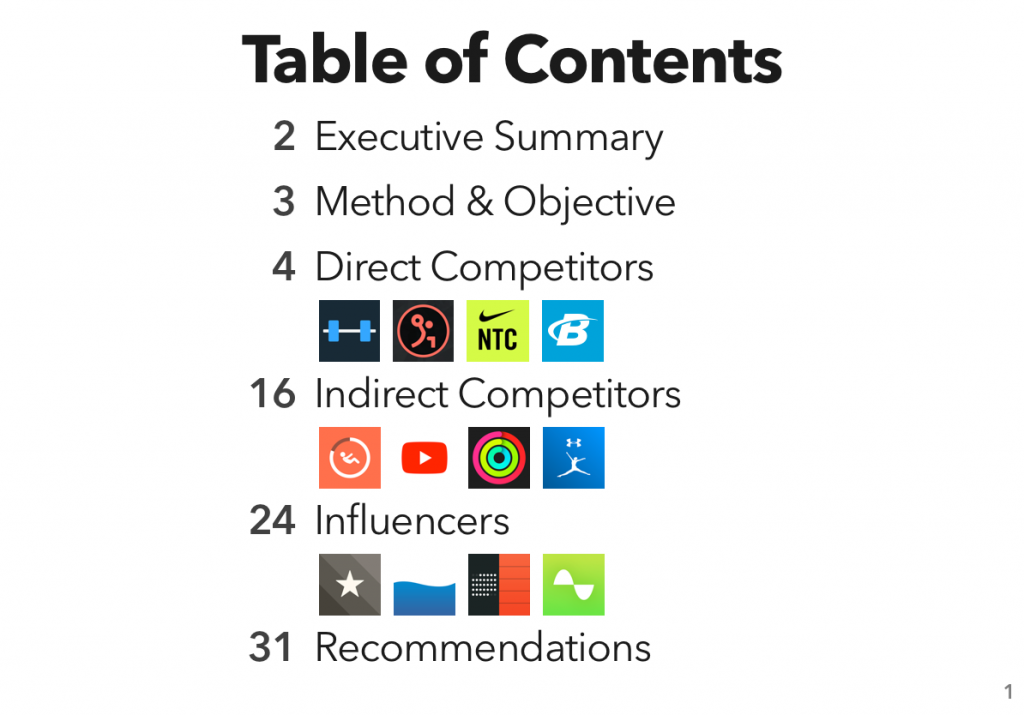Mary Roach
I spent the entire time reading this book thinking that it was by the same person who wrote Combat-Ready Kitchen. Which was an interesting comparison to have in mind, as I quite liked that one, but “Grunt” was much more fun. While “Combat-Ready Kitchen” felt like it was trying to be ready for use as a textbook in a history class, “Grunt” was unabashedly written by a human being who likes to mention their human responses. I’ve got a great deal of highlights of comedic moments that Roach captured very well.1
As someone with precisely zero interest in joining the military, I think Roach is an excellent writer for this topic. Clearly she’s got a bit more experience in this area than I do — nobody who’s spent a week on a nuclear submarine doing research for a book can really be as clueless as she tries to convey — but she’s removed enough from it that she can be an excellent go-between. The feigned cluelessness doesn’t read as an affectation, it reads as making sure the genuinely clueless folks like me can follow along.
And it’s just an interesting subject matter. The Department of Defense has a spectacular research budget, which they put into doing all sorts of neat things. Nothing in the book focuses on the science of Exciting New Ways To Make People Dead; in fact, it’s almost universally focused on the opposite. I’m okay with my tax dollars going to research on reconstructive surgery and heat-stroke prevention.
I can definitely recommend “Grunt”. It’s a fun read, and the science is neat. Check it out.
- And a pent-up rant about just how bad the experience of trying to highlight stuff is in Apple Books. While the location of the highlight has a clear correlation to where your finger is on-screen, they’re not directly related in the way that we’re trained to expect from iOS. And god forbid you want to highlight something that spans across a page break – to date, the only way I’ve found to do this is to change the text size until they’re on the same page. Even Amazon does better than that, and their Kindle app has never not felt like an abandoned project. ↩



































